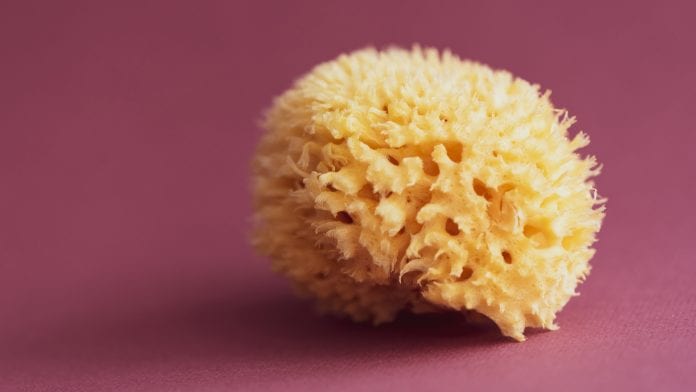
A new, pre-clinical study has unveiled that a sea sponge molecule exhibits anti-cancer properties, helping help to stop the growth of cervical cancer cells.
A new study looking at a sponge found in Indonesia found that a molecule called Manzamine A shows anti-cancer properties, inhibiting the growth of cervical cancer cells.
The study, published in the Journal of Natural Products, has been carried out by researchers at the Medical University of South Carolina (MUSC) and collaborators from the University of South Carolina (UofSC), College of Charleston, Gadjah Mada University in Indonesia and the University of Malaya in Malaysia.
Currently, cervical cancer is the fourth most common cancer in women, despite HPV vaccines.
Anti-cancer properties of Manzamine A
The researchers looked at the affect of Manzamine A on four different cervical cancer cell lines, showing that the molecule stopped the cancerous cells from growing, and caused other to die. However, the molecule did not have the same effect on normal non-cancerous cells.
Co-senior author of the report, Mark T. Hamann, the SmartState Charles and Carol Cooper Endowed Chair in Pharmacy and professor in the Department of Drug Discovery and Biomedical Sciences at MUSC, said: “This is a highly exciting new application for a molecule that has earlier shown significant potential for the control of malaria and has good drug-like properties. Natural products have led to the development of most of our antibiotics and anti-cancer therapies and many controls for pain.”
Previous research into Manzamine A has shown that the molecule is also effective against the parasite responsible for malaria, leading to a single-dose cure in rodents. Some analogues of this unique class of drugs are candidates for the control of COVID-19, the disease caused by the new coronavirus.
In the current report, Manzamine A reduced expression levels of a protein known to be highly expressed in a number of cancers, including cervical cancer, and to contribute to poorer patient outcomes. Computer modelling showed that Manzamine A shares similar structures with known inhibitors of the protein, yet Manzamine A is 10 times more potent in blocking the problematic proteins.
Advancing to animal models
While these molecules can be synthesised in the laboratory, Hamann doesn’t think that’s the best process.
He said: “The goal now is to make sure that it works in animals and then try to advance it into clinical applications and further development. Most of the starting materials for lab-based synthesis are derived from petroleum. In contrast, sponges in their natural habitat can be successfully farmed, and unlike other forms of aquaculture, clean the environment.”
Therefore, the production of these molecules from sponges growing in the environment would likely be the best source while providing opportunities for economic development in rural Indonesia.
However, the potential to find new therapeutic uses like this one for natural products hinges on species diversity, according to Hamann.









